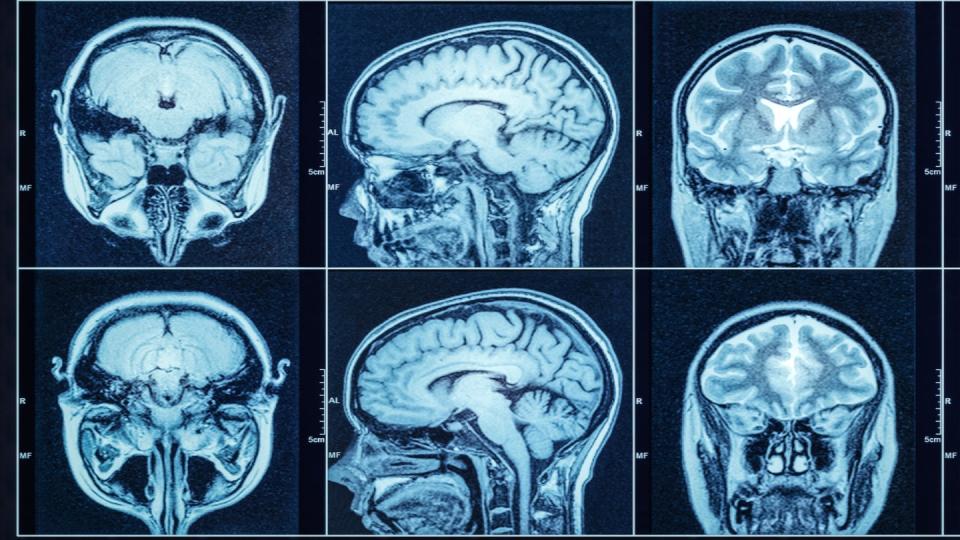Study finds intravascular imaging effective for imaging the brain

US-based intravascular imaging and artificial intelligence (AI) company, Spryte Medical, has announced the publication of the first clinical study of its neuro Optical Coherence Tomography (nOCT) technology and its ability to bring intravascular imaging to the brain.
Designed with the aim of helping clinicians to better see the pathology associated to neurovascular disease the Spryte nOCT technology acts as a guide wire navigating through the patient’s brain blood vessels. Researchers at university hospitals in Toronto Canada and Buenos Aires, Argentina, demonstrated a successful navigation and imaging with the nOCT probe in 32 patients undergoing routine investigation or treatment for cerebrovascular disease.
Published in the journal Science Translational Medicine, the study found that using optical coherence tomography devices clinicians were better able to understand cerebrovascular pathology and intervention for a range of conditions in the human brain.
Equipped with a miniaturised optical fiber and a distal lens, the probe illuminates the tissue and collects the backscattered, near-infrared light. While rotating the fiber and the lens at high speed, the probe is rapidly retracted, creating a spiral-shaped light pattern to comprehensively capture the arterial wall and implanted devices.
Researchers were able to image the anterior and posterior circulation of the brain, whilst capturing a spectrum of neurovascular pathologies, such as brain aneurysms, ischemic stroke, arterial stenoses, dissections and intracranial atherosclerotic disease.
Toronto researcher for the study, Vitor Mendes Pereira, said: “The Spryte nOCT technology is an imaging probe, sized like a guidewire, that navigates seamlessly through the brain vessels using our usual neuro-interventional techniques. The system and imaging probes performed well, integrating with our workflow, and provided us with incredible images and critical information that we cannot obtain with any other technology.”
Spyrte Medical hopes that the tech will go on to have a future in being used as part of the treatmentfor the treatment of stroke and related conditions despite the device not yet receiving approval from the US Food and Drug Administration (FDA).
Brandon Berry, editor of Science Translational Medicine, added: “This study provides proof of concept for using optical coherence tomography devices to better understand cerebrovascular pathology and intervention for a range of conditions in the human brain.”
Elsewhere in the field of Optical Coherence Tomography, Abbott has announced that its own range of OCT devices saw a significant 7% rise in MSA compared to angiography guidance alone. Meanwhile, Proviso Medical has received FDA 510(k) clearance for the Provisio Sonic Lumen Tomography (SLT) IVUS System.
"Study finds intravascular imaging effective for imaging the brain" was originally created and published by Medical Device Network, a GlobalData owned brand.
The information on this site has been included in good faith for general informational purposes only. It is not intended to amount to advice on which you should rely, and we give no representation, warranty or guarantee, whether express or implied as to its accuracy or completeness. You must obtain professional or specialist advice before taking, or refraining from, any action on the basis of the content on our site.

 Yahoo Finanzas
Yahoo Finanzas 